
Every year, the Provincial People's Committee directs districts, towns, cities and functional agencies to strengthen activities to prevent and control diseases in livestock, especially controlling the illegal slaughter and transportation of diseased animal products and animal products from epidemic areas out of the area for consumption. But in reality, it is still difficult to control. For economic profit, many livestock farmers still sell off and sell off; slaughter livestock and poultry when they are sick or die.
For example, on August 7, 2024, in Bo Lech village, Mun Chung commune (Tuan Giao district), 6 people were recorded with anthrax. The reason was that when they discovered sick and dead buffaloes, people did not report them to local authorities or veterinary staff, but slaughtered and ate the meat on their own. It is worth mentioning that Bo Lech village used to be an old anthrax outbreak and had recorded cases of anthrax in humans and animals here.
Mr. Quàng Văn Thiêm, Bó Lếch village, Mùn Chung commune, who has anthrax, said: On July 27, Quàng Văn May's family (in the same village) had a sick and dead buffalo but did not inform the authorities to handle it, but instead called on the villagers (60 people) to participate in slaughtering and eating the meat. 3 days later, 6 people showed symptoms such as red rashes and ulcers on their hands and feet. After testing, the results showed that they had anthrax due to contact and eating the meat of the sick buffalo.
Recently, African swine fever has become complicated and has tended to spread widely in the province, and some localities have declared an epidemic. Since the beginning of 2024, the whole province has had 227 pig farming households infected with African swine fever, with 818 pigs destroyed (weighing nearly 43.4 tons). However, in addition to households reporting to authorities, there are still households hiding the epidemic and selling sick pigs to recover capital.

Thanh Hung (Dien Bien district) is one of the communes with the most complicated developments of African swine fever. From May to August 2024 alone, the whole commune destroyed more than 10 tons of pigs infected with African swine fever. Mr. T., the owner of a pig farm in An Binh village, Thanh Hung commune, said: Recently, the situation of public transportation and buying and selling of pigs in areas where the epidemic has been announced has still been happening, without being strictly inspected and controlled. Many households with sick or suspected sick pigs have taken advantage of the opportunity to sell them off to recover capital without paying attention to the risk of spreading the disease to the community.
Faced with increasingly complicated developments of epidemics, affecting the economic development of livestock households and people's health, the Provincial People's Committee directed specialized agencies, People's Committees of districts, towns and cities to drastically implement measures to prevent and control epidemics, especially African swine fever. In particular, closely monitor the epidemic situation at the grassroots level; resolutely and strictly handle cases of buying, selling, transporting sick pigs, suspected pigs, dumping dead livestock and poultry into the natural environment; selling pigs to small traders causing the spread of epidemics... Directing animal quarantine forces to strengthen inspection and implement quarantine measures for the transportation of animals and animal products in and out of the area.
From the beginning of 2024 to now, the province has controlled the slaughter of nearly 31,000 buffaloes, cows, horses and pigs; implemented animal quarantine, exported nearly 8,000 buffaloes, cows and pigs and nearly 318 tons of animal products (dried buffalo and beef). However, the situation of smuggling animals (poultry, pigs and buffaloes and cows) is still complicated, causing the risk of disease infection and food insecurity. In addition, animal diseases, especially African swine fever, continue to occur in some localities, greatly affecting livestock development, increasing costs, production costs, economic losses for livestock farmers, causing the risk of food insecurity and reducing supply.

Currently, the control, quarantine, transportation and slaughter of new animals are mainly concentrated in favorable areas, such as cities, district and town centers and large-scale farms. There are no centralized slaughterhouses in the province, but they are mainly spontaneous in markets and residential areas. As for remote areas, small and fragmented livestock households, the control of transportation and slaughter is still facing many difficulties, because many households do not cooperate with authorities in declaring and destroying sick animals.
According to Mr. Do Thai My, Head of the Provincial Department of Animal Husbandry, Veterinary and Fisheries, to prevent smuggling, illegal slaughtering and transportation of animals and animal products, and to control diseases, the department has strengthened coordination with functional forces to inspect, monitor and control to promptly prevent, detect and strictly handle violations. Closely inspect and supervise facilities collecting and slaughtering livestock and poultry; inspect and trace the origin of the transportation of animals and animal products consumed in the area.
To protect the legitimate rights of consumers and prevent the spread of disease, relevant units need to organize more extensive propaganda to organizations and individuals to absolutely not transport, slaughter, or trade livestock and poultry suspected of being infected with disease, sick, or dead. District and commune authorities must be responsible for organizing investigations, monitoring, and handling violations in the area; strictly controlling the transportation of pigs, buffaloes, and cows for the purpose of slaughter; continuously checking the total herd to monitor changes at the facility. Besides the involvement of functional agencies, the most important thing is still people's awareness. Do not participate in the slaughter or transportation of sick, dead, sick, or suspected animals; and at the same time, report to authorities and functional agencies when suspecting that livestock herds show signs of disease.
Source: https://baodienbienphu.com.vn/tin-tuc/kinh-te/217966/xu-ly-nghiem-viec-buon-ban-van-chuyen-dong-vat-mac-benh




![[Photo] Prime Minister Pham Minh Chinh chairs the Government's special meeting on law-making in April](https://vstatic.vietnam.vn/vietnam/resource/IMAGE/2025/4/13/8b2071d47adc4c22ac3a9534d12ddc17)







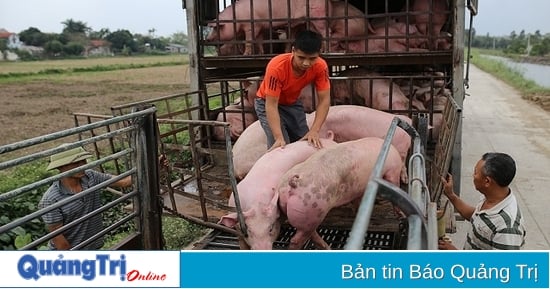












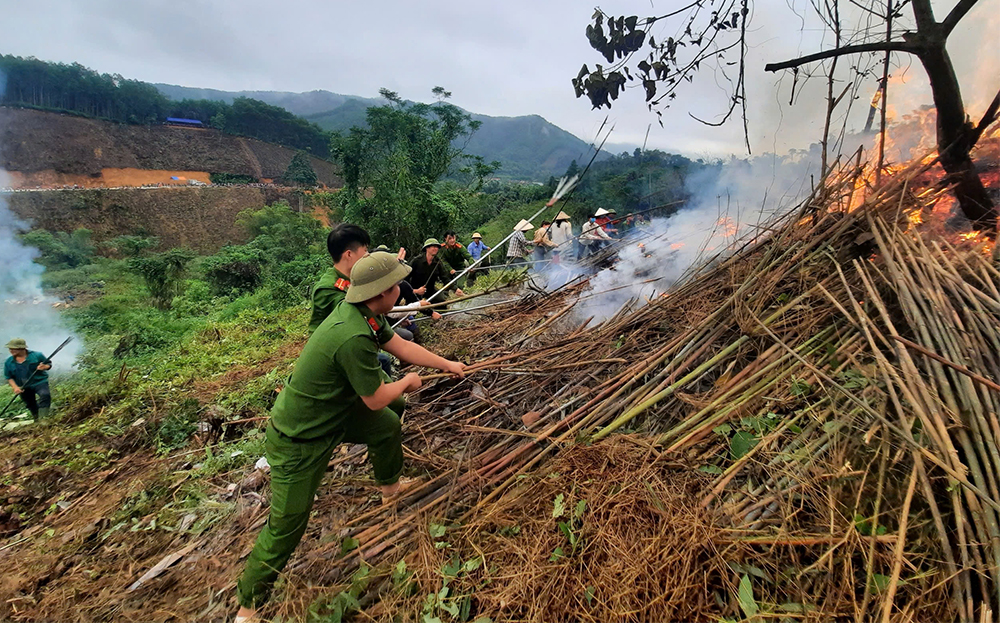


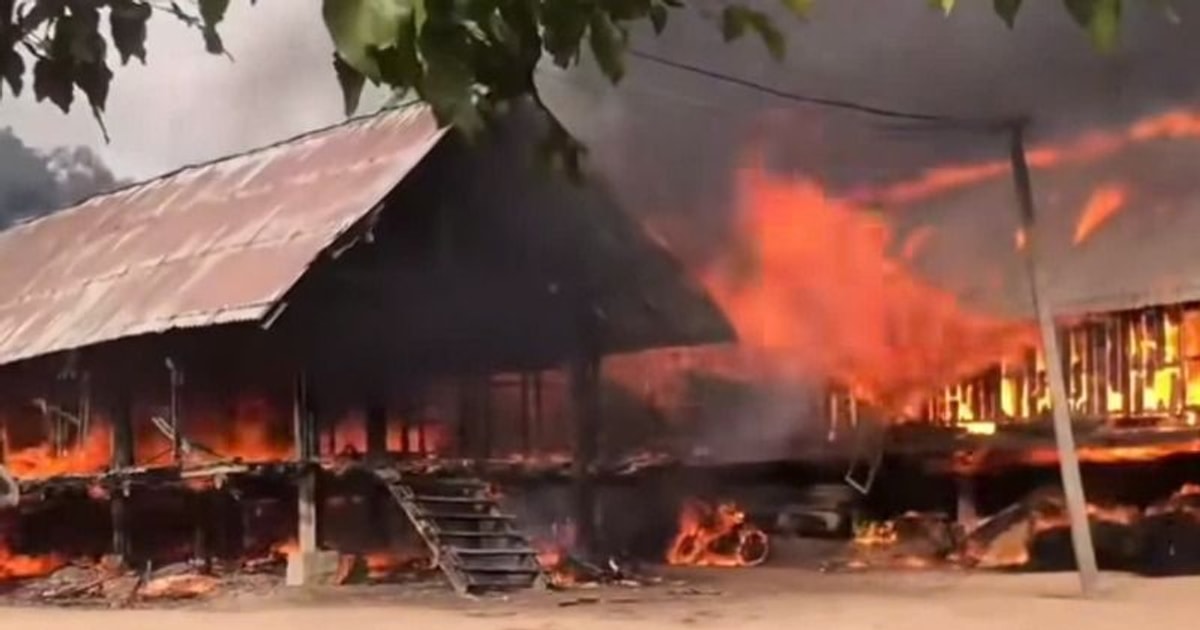
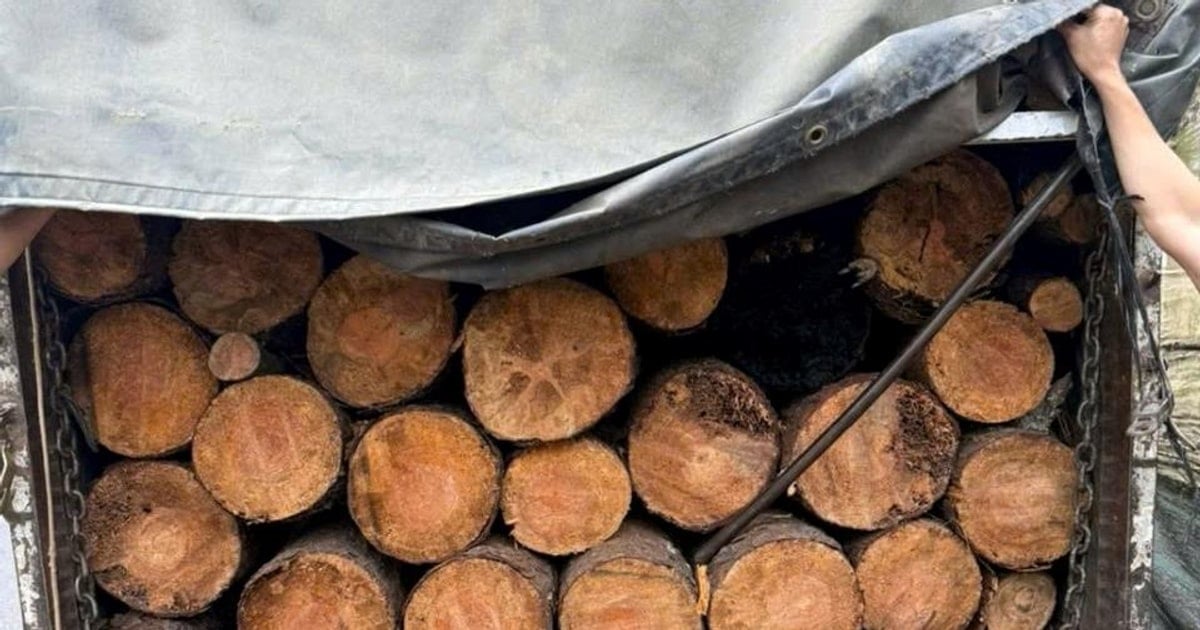
![[Photo] Closing of the 11th Conference of the 13th Central Committee of the Communist Party of Vietnam](https://vstatic.vietnam.vn/vietnam/resource/IMAGE/2025/4/12/114b57fe6e9b4814a5ddfacf6dfe5b7f)















































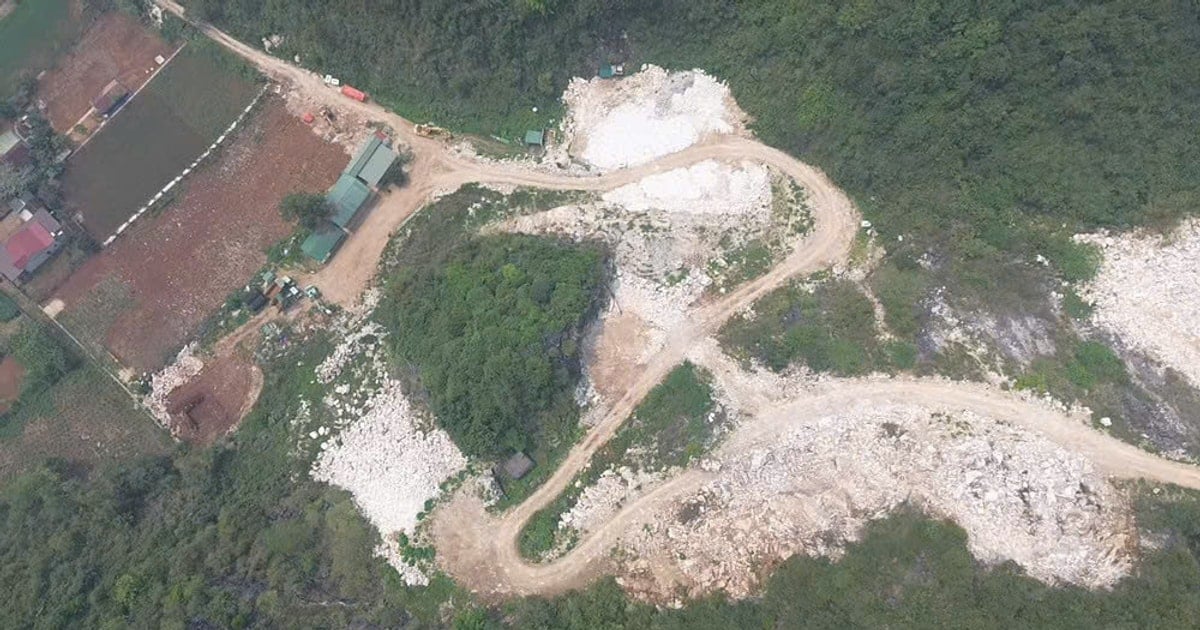





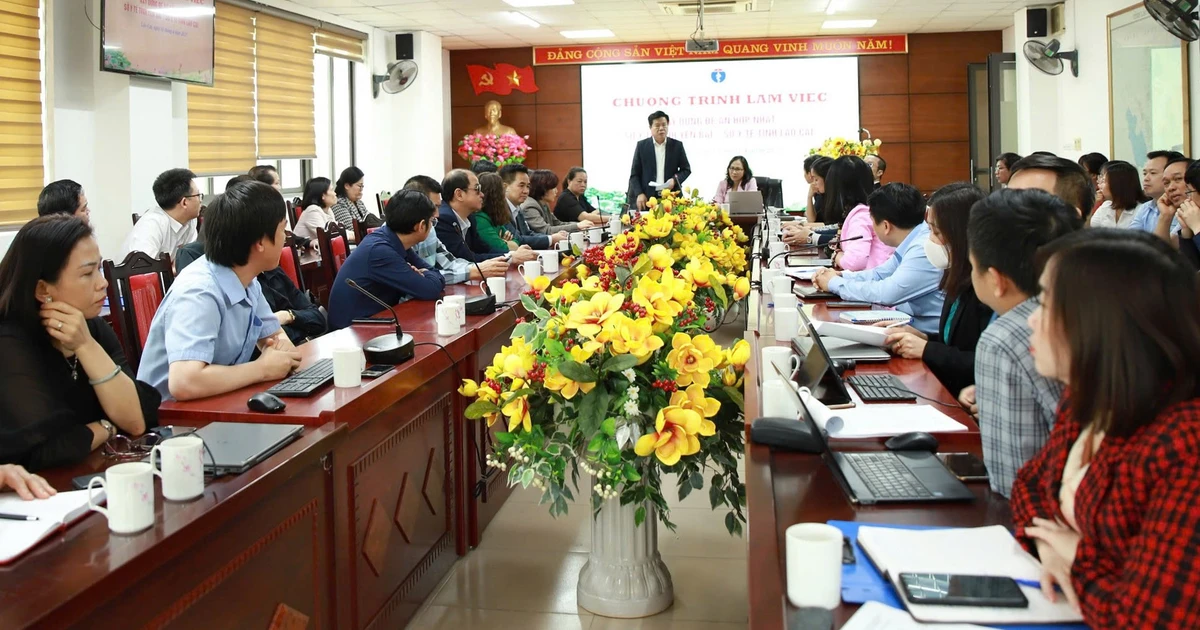













Comment (0)